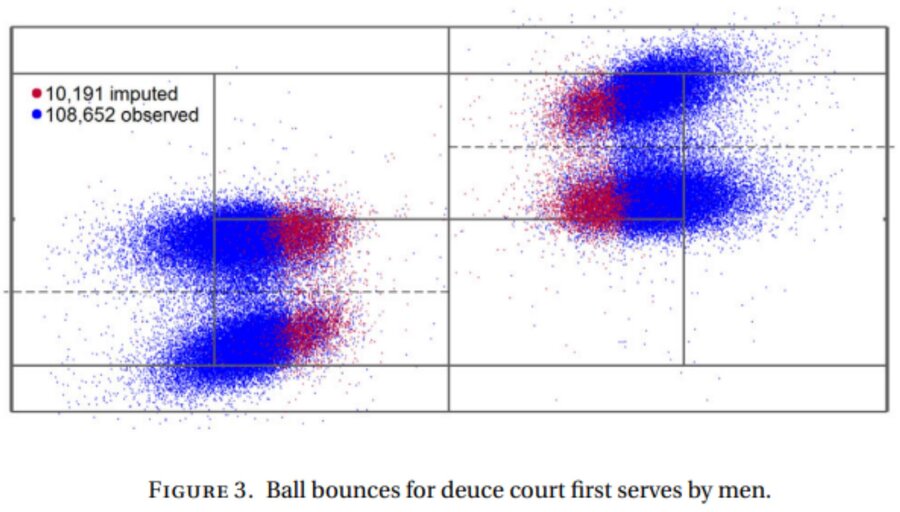
Many interactions in life and business are strategic in the sense that the reward to a decision maker depends on both their own action and the actions of other decision makers. The branch of economics and mathematics known as Game Theory is concerned with the mathematical modelling of strategic interaction.
In 1929, John Von Neuman established the mathematical foundations of game theory, introducing the notion of maxmin, which applied to two-player “zero-sum” games. Mathematician John Nash won the Nobel prize in economics in 1994 for extending this theory to general games, with any number of decision makers. Nash’s notion of equilibrium has since become the workhorse model in the social sciences and computer science for predicting decisions and outcomes in strategic interactions.
Given the widespread use of game theory to predict human behavior in strategic settings, it is essential that we understand its empirical relevance: Does the theory accurately predict behavior?
The paper “Expertise, gender, and equilibrium play,” by Romain Gauriot, Lionel Page, and John Wooders, published in Quantitative Economics, exploits computerized ball-tracking data, collected from championship professional tennis matches, to test Nash’s theory. It finds that Nash’s theory works remarkably well, for both male and female players! As predicted by the theory, the probability that the server wins the point is the same whether the serve is delivered to the left or the right.

Nash’s theory, however, does not work perfectly. The theory predicts that the direction of the serve should be “random” – whether the current serve is to the left or right should not depend on the direction of the prior serves. The paper finds, by contrast, that both men and women (and women more so than men) switch the direction of their serve too often to be consistent with randomness. Further, higher-ranked players show a stronger adherence to this and other theoretical predictions, suggesting that expertise plays a significant role in strategic decision-making.
Ongoing research at C-BID is aimed at identifying settings in which Nash’s theory predicts behavior well, and at developing models that accommodate boundedly-rational decision makers that better predict behavior. Recent work at C-BID is aimed at investigating whether psychological pressure affects decision making. An improved understanding of strategic decision making supports the design of better mechanisms for enhancing social and economic welfare. Read the paper here https://doi.org/10.3982/QE1563
Data from professional sports is ideal for testing the empirical validity of mathematical models of strategic decision making in high-stakes settings. It demonstrates the successes of theory, while also uncovering its limitations.
Co-director

Deakin University

University of Queensland

NYU Abu Dhabi
